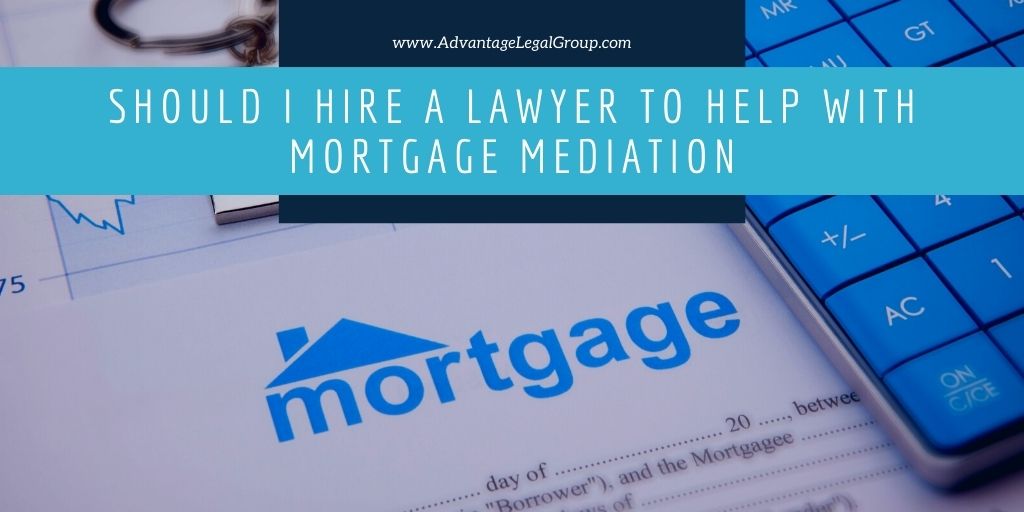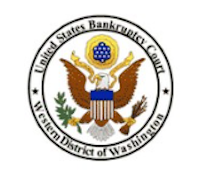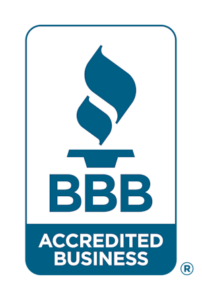Can Mortgage Forbearance Hurt Your Credit?
Can Mortgage Forbearance Hurt Your Credit? and why As we all know, the world is currently experiencing a financial downturn due to the ongoing pandemic, which has directly affected millions of jobs. As such, a lot of homeowners are bothered concerning their mortgage payments. There have been some incentives by mortgage providers to soften the […]
Can I Claim Forbearance 4 Months Into COVID-19?
The whole world is facing a pandemic that is not just making life different for all of us but it is equally causing major financial problems for some individuals. Individuals and countries are facing financial hardship in this coronavirus crisis. Forbearance is when your lender or mortgage servicer allows you to temporarily pay your mortgage […]
Should I Hire a Lawyer to Help with Mortgage Mediation

Foreclosure Defense Help with a Mortgage Mediation Attorney Do you need a lawyer to help with mortgage mediation? This is a common question we get nearly every week and if you’re struggling to pay your mortgage based on job loss or some other economical setback, you might consider applying for a loan modification. You’ll need […]
Is Mortgage Forbearance a Good Idea?

Because of all the unemployment right now an estimated 4.1 million Americans have explored forbearance for their mortgage. Many experts perceive more homeowners will seek this protection unless the pandemic and current issues start to normalize. So what is forbearance? Forbearance is the act of “pausing” your mortgage payments. This is a basic economic rescue […]
Mortgage Forbearance | How It Works Under Cares Act
How Does Mortgage Forbearance work under the United States Treasury Cares Act? Being Licensed Washington State Attorneys practicing bankruptcy and mortgage mediation law in Bellevue and Seattle, WA. we often get asked about how mortgage forbearance works under the United States Treasury Cares Act. In a Media Release on April 3rd, 2020 the CFPB or […]
Homeowner Relief from COVID-19

While some of us still might be getting a paycheck others of us may not and with your mortgage payment looming that can be extremely stressful. With the outbreak of coronavirus, homeowners may find themselves in challenging situations unable to make their mortgage payments. 7 out of 10 Americans live paycheck to paycheck and have […]
Should I Hire a Lawyer for a Mortgage Mediation or Foreclosure?
Should I Hire a Lawyer for a Mortgage Mediation or Foreclosure? – If your lender has failed to approve previous effort to modify your loan, often mediation is the best way to go. What is mediation? Foreclosure mediation is a meeting where a homeowner and mortgage lender negotiate potential modifications or other alternatives before an […]
Will a Loan Modification Lower Our Payments?
If you’re looking to alter your mortgage payment or you need some form of a loan modification, you’re probably wondering what it is, how it can help, and what this means for your credit and your finances moving forward. One of the common questions I get is will a loan modification lower your payments? Loan […]





